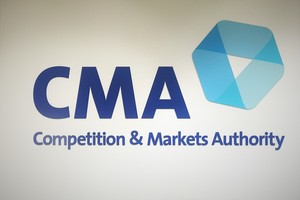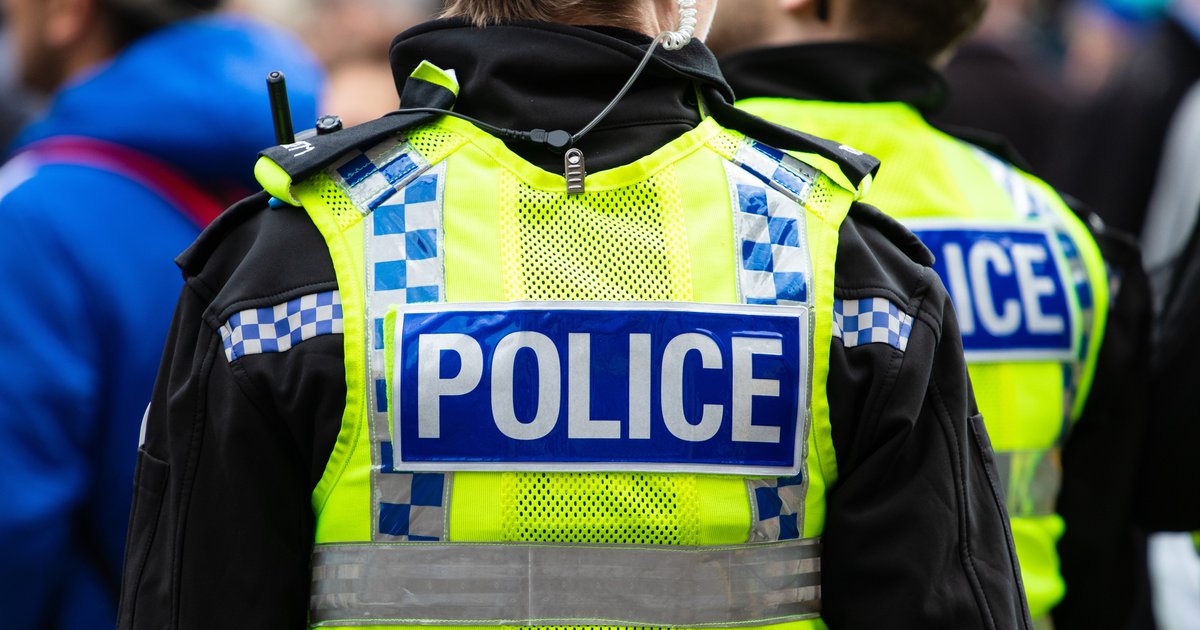You’re apply American logic. This doesn’t work. It’s a historic mess. Airwave, a nice secure system that replaced the old analgue different networks the emergency service used here, never worked properly. Compared to the old one, it had poor coverage, excessive features that didn’t work and was universally disliked by the users at ground level, and the infrastructure people who struggled with it. Run by Motorola, with handsets from Motorola and one other company, they were nothing like standard off the shelf products that could be just programmed for a system, like the other digital flavours. It was so bad, it was due to be scrapped, but the turn off date has passed because the replacement, which is based on piggybacking on the EE mobile phone network has real problems too. The biggest one being that cells are typically in the lowest levels of police buildings, in concrete, with rebar, with no phone signal. Airwave used antenna sites that the Government owned in addition to remote antenna sites. Each police station had an Airwave antenna on the roof, making the basements workable. We have never been allowed cellular domestic, business or local repeaters. The easily available ones were banned. The law was changed and they are now OK, and cynics think it’s because they are essential for the new system.
the dates were pushed back and back, but the new system is still not sorted, so Motorola‘s new system could not be turned on, or even finished design. The Government asked Motorola to keep the old one going, despite the crazy running costs of Airwave, which involved, we are told, even more money. It was then revealed Motorola had been talking to the one competitor of theirs (partner?) about keeping the prices they both charged high. This price fixing was revealed, but contracts are active and it’s getting messy. If Motorola cannot make the new system work they get paid extra for extending life on the less rubbish one. No other manufacturer can even get involved.
the new systems are just too clever and are being tested for real to discover things don’t work. The old one also is strange. At the moment, we get crazy things happening. Command and control is no longer local, so it depends 100% on the system, not local knowledge. Our town is split by a river, two lifting bridges and two railway crossings. North to south can sometimes take 40 minutes to do 3 miles. I do this all the time. As a result, we have two fire stations, one north, one south. One crew member tells me so often, fire engines meet on one of the bridges, one going north, the other south. Dispatch to the address done by the system, not humans. The radios tell control the nearest, via GPS and the repeater network signal strength and while google maps will understand time, and traffic, the government system system gets it wrong, all the time. The police systems sometimes regenerate old calls and send units to old calls, but their controllers have got this sort of error sorted. If a car is parked in a radio black spot, as it returns to the network, all the missing traffic suddenly triggers action, when it’s usually ended!
Motorola and Sepura have a virtual monopoly on the handsets. Most police officers have to carry two radios to make sure they have access to both nets, because the radios cannot multitask properly.
US readers have to understand our whole country runs like your individual counties, not even states. The government design, control and fund the comms systems for fire, ambulance, coastguard and police. Fire, police and ambulance use airwave as their system. Coastguard have a few airwave handsets, but use marine band which works perfectly for them. For them to talk to a police officer requires so much button pushing and senior officer approval, it rarely gets done. A police officer cannot just talk to an ambulance at an incident. There is no button both can press, despite both being on airwave.
Motorola have the Government in a strangle hold, and have clearly been taking advantage. Before airwave, the analogue system was run by the government using standard comms products and brands could and were, mixed. Airwave put a stop to that. Motorola and Sepura. Closed to every other manufacturer. A unique system, no competition, and it is rubbish.
/cloudfront-us-east-2.images.arcpublishing.com/reuters/KKQ7DMQZNRMTLFKGJ2YCNBHYCI.jpg)
 www.reuters.com
www.reuters.com
/cloudfront-us-east-2.images.arcpublishing.com/reuters/KKQ7DMQZNRMTLFKGJ2YCNBHYCI.jpg)



